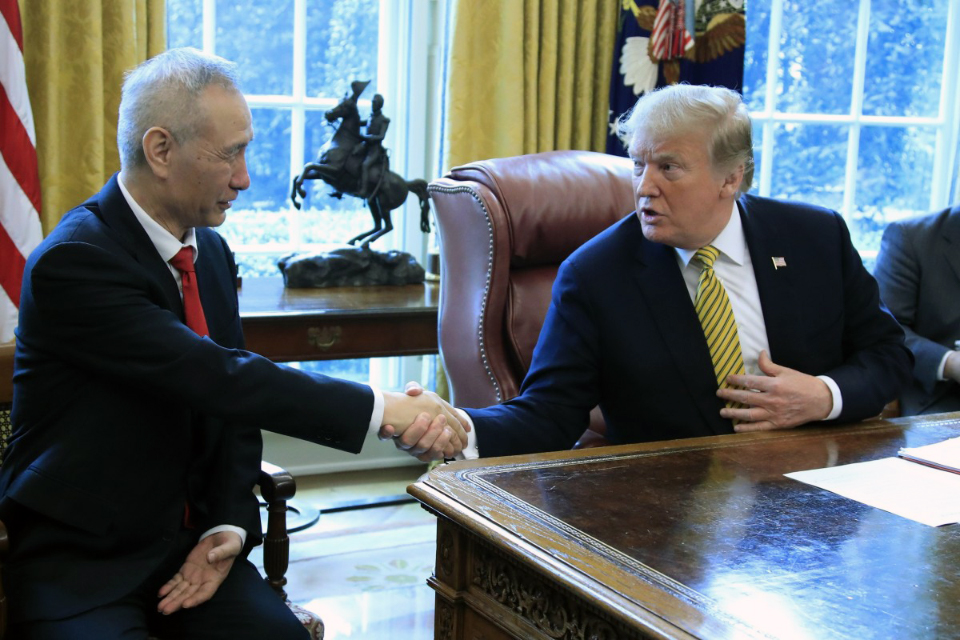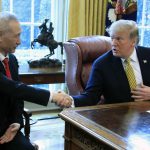The Next Global Recession Could be Near

Analysts have been forecasting for a recession to come any time soon to the U.S. The Institute of Supply Management’s November survey shows that the index of factory activities in the U.S. fallen to 48.1 from 48.3 in October. It is to be expected that the America’s domestic industrial production would get better in anticipation of a “deal” in the U.S.-China trade war. But, the Department of Labor also presented that 266K jobs have been topped up to the economy back in November, driving unemployment rate further down to a historic low of 3.5%. A bad situation has just been made more confusing.
Since the global financial crisis about 10 years ago, market has been very careful and trying to anticipate another crisis, such as asset bubbles, that could vacuum us into the next global recession. Although the economy is weakening, so far, we didn’t notice any asset bubbles comparable to that of the pre-2008 period. Ever since the last global financial crisis, the global market has been reformed by different forces and aspects, and the upcoming recession might not be caused by the same factors again.
First from the list, the global economy today is stirred in uncertainty emerging from the US-China trade war, the Europe Brexit and rising geopolitical tensions. An even deeper source of uncertainty is that the liberal global economic order, in place since the early 1950s, is decaying. The following two trends are converging to kill it. The first is the West’s declining economic dominance relative to other parts of the world, and China in particular. The second is the increase of populism in Western democracies, said to be the most serious challenge to the legitimacy of the liberal global order. But then, even as the liberal global economic order slowly melt away, it’s unclear what a post-liberal global economic order will feel or look like. As of now, the global economy has no clue where it’s going, but it can’t like that forever.
Meanwhile, developed world economies have been seriously weakened by prolonged 0 interest rates, creating a situation that makes them vulnerable to unexpected shocks. These kind of low interest rates will distort the price of money, arguably the single most important price signal in a market economy. They spread toxic the business environment, allowing poorly managed businesses to survive, shoving the gears of creative destruction that drive any economic renewal. The survival of mismanaged businesses also absorbs profits from better, more successful businesses, limiting their ability to expand.
Any number of missteps from now could easily trigger chain reactions that would push developed world economies into recession. In any case, we should also be ready for a potentially different kind of downturn. The accepted definition of a recession is two consecutive quarters of contraction in an economy. By the time of next recession, it may not be technically qualified as one.
Despite the technical definition of a recession may never be matched, the economy would still be shrinking. This is something that any small business or big size business should take note of.
Tread carefully.






